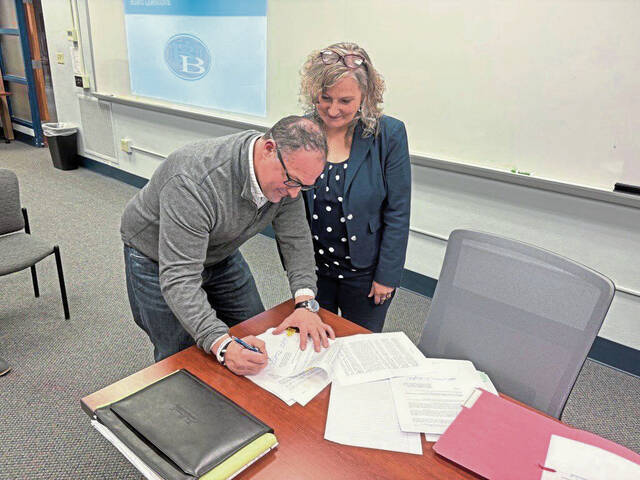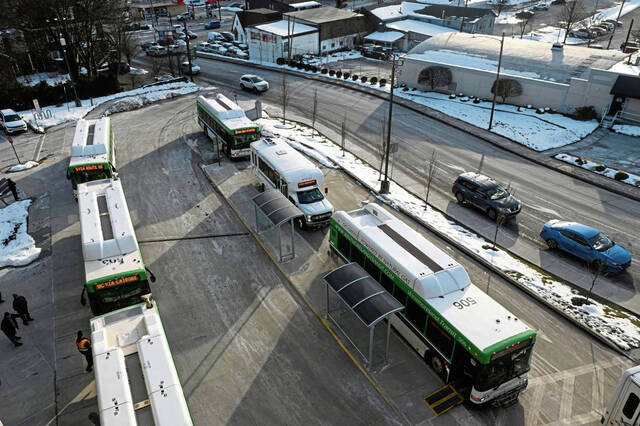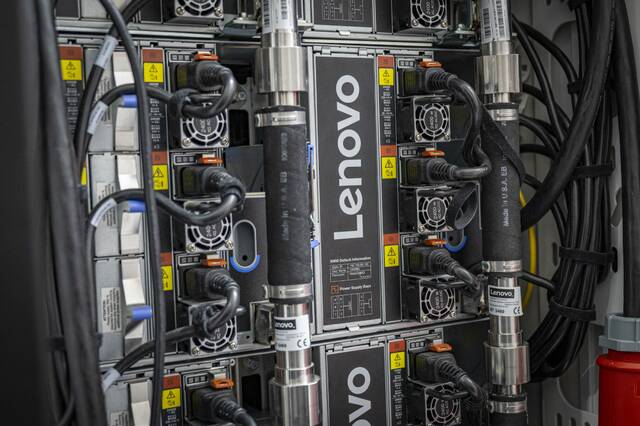It’s important to learn to live within your means — especially when a windfall seems to change the arithmetic.
You might be approved for a $300,000 mortgage, but you don’t have the spend the whole line. You could spend that $2,000 tax return on the down payment for a new car, but then you have a monthly bill. Maybe paying off a credit card with that stimulus money wouldn’t be what the government hoped, but it might be the best plan for your bottom line.
It is comforting to hear similar voices in Harrisburg.
Pennsylvania had been looking down the barrel of a $2.5 billion deficit after the expenses of the coronavirus pandemic were measured against its impact on revenue, according to the Independent Fiscal Office. The $1.9 trillion American Rescue Plan passed by Congress on Wednesday is set to send $7.3 billion to the state.
With the deficit erased, Pennsylvania then has a $4.8 billion check burning a hole in its pocket. There is zero chance the state will have trouble figuring out how to spend that money once the federal government details what it can and can’t be used to fund.
Transportation can definitely find roads to patch and bridges to build. The health and human services certainly can figure out people who need help. There is always education, which has been stretched to the limit trying to provide for the needs of kids in 500 public school districts in a year when social distancing changed all the rules.
What is important is the money be viewed as what it is. This isn’t a revenue stream. It is a lightning strike that cannot be counted on to hit the same spot again.
And so state Rep. Jesse Topper, R-Fulton, is correct in advising caution.
“If we’re talking about things that can be used to address a building project that was shelved because of covid, things that can be used to address infrastructure issues because of covid, that’s somewhere we can look,” said Topper, vice chairman of the House Appropriations committee. “But we can’t be in a position where we are using one-time money to fill recurring holes.”
Local government sees these kind of things often. School districts, in particular, often learn to be leery of grants that would start a program or hire a teacher this year, but then leave the school to pick up the tab down the road. Westmoreland County commissioners had that concern over starting a health department.
Pennsylvania has a long list of projects that could benefit from short-term dollars — many of which are often shortchanged by long-term needs. The state should take the funding as the rare opportunity to do the work that often gets put off.








